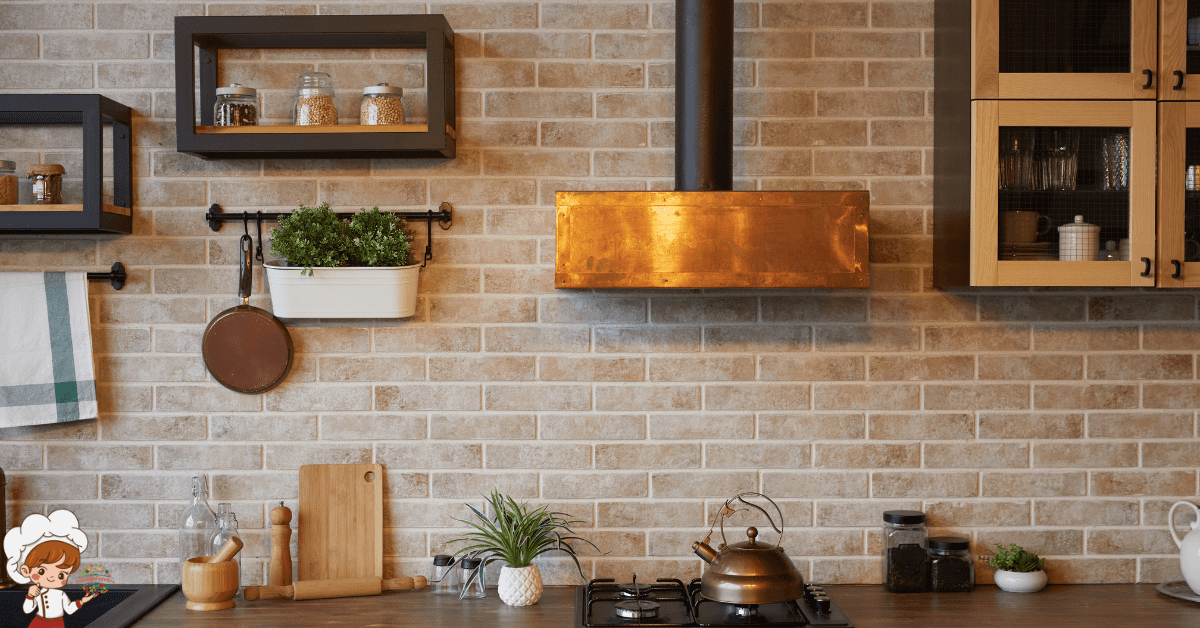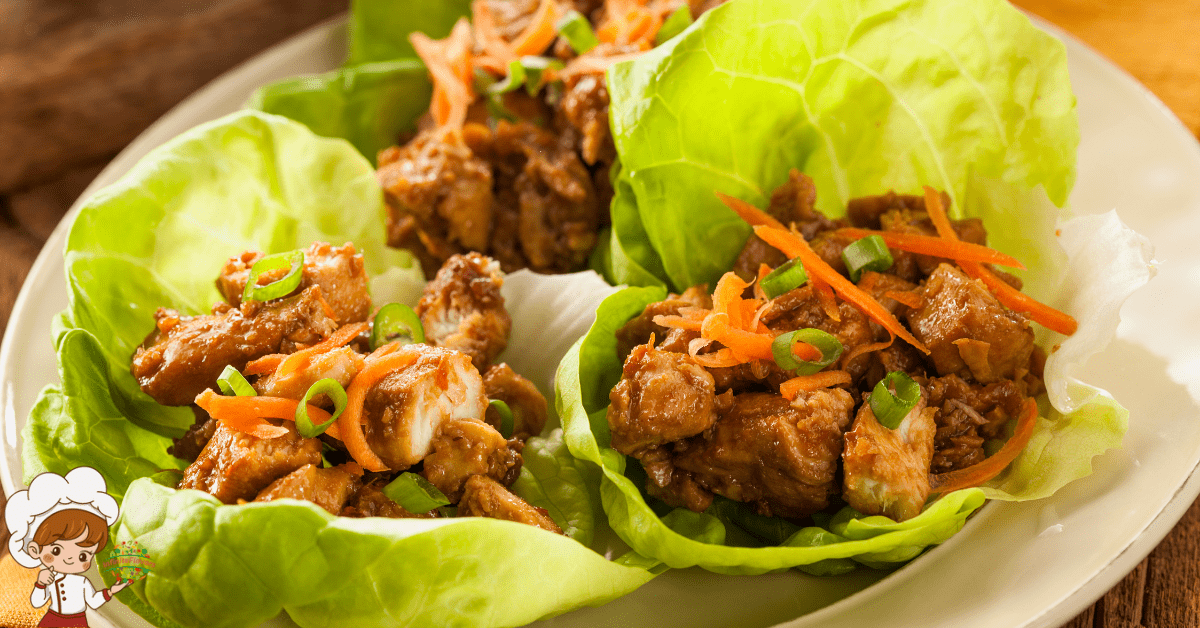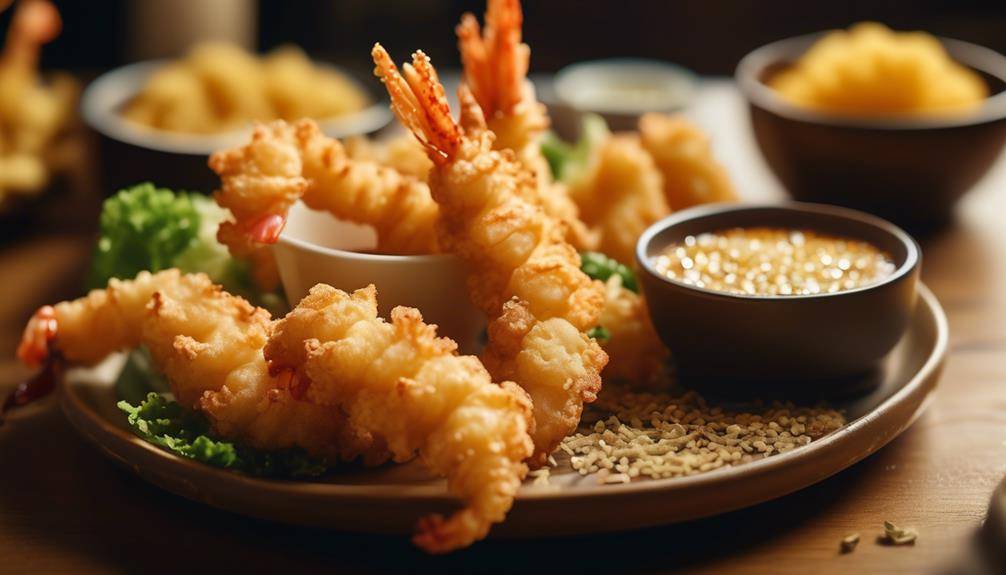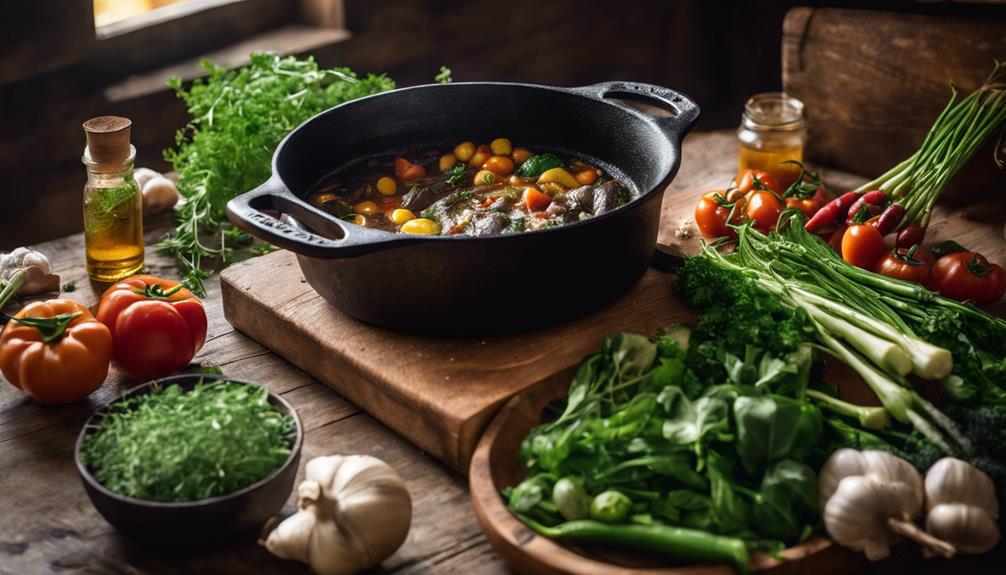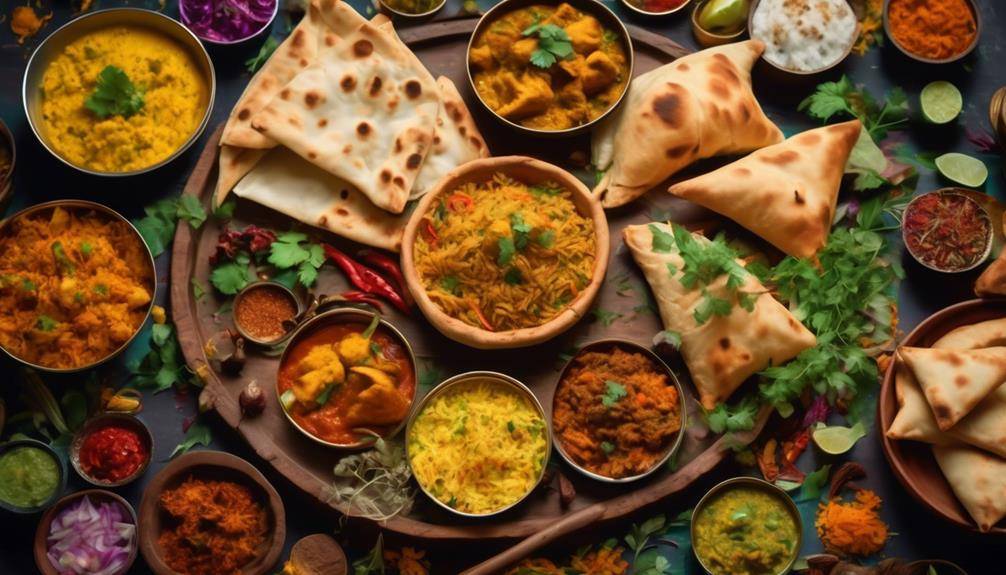Amazing Gluten-Free Diet for Pregnancy
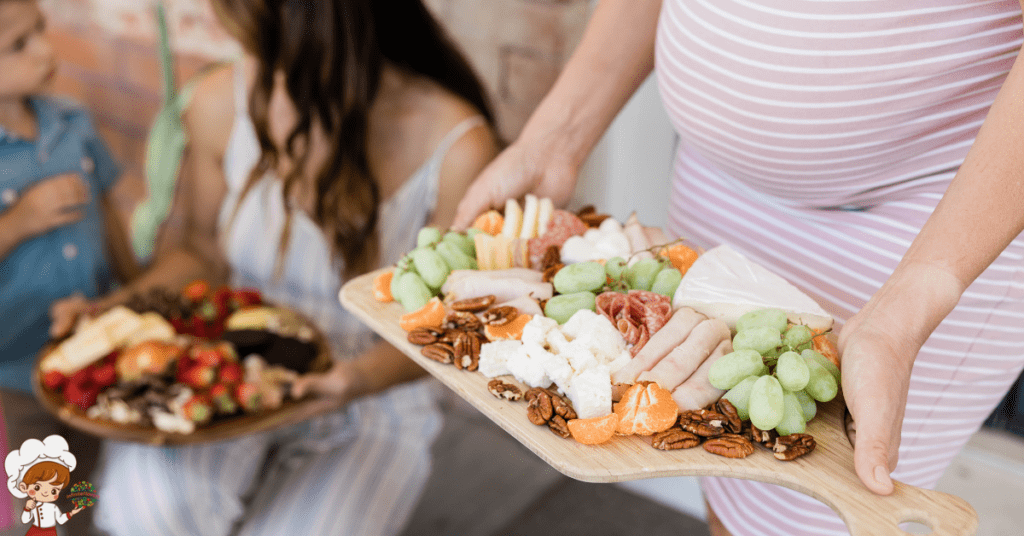
Amazing Gluten-Free Diet for Pregnancy; Are you expecting a bundle of joy and wondering if a gluten-free diet during pregnancy is the right choice for you? While the idea of cutting out gluten may seem daunting, the potential benefits for both you and your baby are worth considering. In this discussion, we will explore the advantages of a gluten-free pregnancy, the essential nutrients you need to maintain a healthy diet, and practical tips to avoid gluten contamination. Stay tuned to discover how a gluten-free lifestyle can support your journey to motherhood.
Benefits of a Gluten-Free Pregnancy
There are several potential benefits to adopting a gluten-free diet during pregnancy that can contribute to a healthier and more comfortable experience for both you and your baby. Research on gluten-free pregnancy suggests that eliminating gluten from your diet may help alleviate certain pregnancy symptoms and reduce the risk of certain complications.
One of the main benefits of a gluten-free pregnancy is the potential reduction in digestive issues. Gluten, a protein found in wheat, barley, and rye, can be difficult to digest for some individuals. By eliminating gluten from your diet, you may experience a decrease in bloating, gas, and abdominal discomfort. This can make your pregnancy journey more comfortable and enjoyable.
Additionally, a gluten-free diet may help manage gestational diabetes. Studies have shown that there may be a link between gluten consumption and the development of gestational diabetes. By avoiding gluten, you may reduce the risk of developing this condition and thus promote a healthier pregnancy for both you and your baby.
Furthermore, adopting a gluten-free diet during pregnancy may also reduce the risk of certain pregnancy complications. Research suggests that gluten sensitivity or celiac disease may be associated with an increased risk of miscarriage, preterm birth, and low birth weight. By eliminating gluten, you may decrease these risks and promote a healthier outcome for your baby.
It is important to note that before starting a gluten-free diet during pregnancy, it is advisable to consult with a healthcare professional or registered dietitian. They can provide guidance and ensure that you are still receiving adequate nutrition during your pregnancy journey.
Essential Nutrients for a Healthy Gluten-Free Pregnancy
To maintain a healthy gluten-free pregnancy, it is important to ensure that you are obtaining essential nutrients from a variety of sources. While following a gluten-free diet can be beneficial for both you and your baby, it is crucial to pay attention to your nutrient intake to support the optimal growth and development of your little one. In addition to consuming a well-balanced diet, nutritional supplements and prenatal vitamins can play a key role in meeting your nutritional needs.
Nutritional supplements can provide additional support when it comes to essential nutrients during pregnancy. For example, omega-3 fatty acids are important for brain development in your baby. You can consider taking fish oil supplements that are certified gluten-free to ensure you are getting enough of these beneficial fats. Additionally, iron is crucial for preventing anemia and supporting healthy oxygen transport in both you and your baby. If your iron levels are low, your healthcare provider may recommend an iron supplement.
Taking prenatal vitamins is also highly recommended during pregnancy, especially when following a gluten-free diet. Prenatal vitamins contain a combination of essential vitamins and minerals that are important for the healthy development of your baby. Look for gluten-free prenatal vitamins that contain folic acid, calcium, vitamin D, and other nutrients necessary for a healthy pregnancy.
It is important to consult with your healthcare provider before starting any new supplements or prenatal vitamins, as they can provide personalized recommendations based on your individual needs. Remember that a gluten-free diet can be healthy and nutritious, but it is essential to ensure you are obtaining all the necessary nutrients for a healthy pregnancy.
Gluten-Free Alternatives for a Balanced Diet
To maintain a balanced and nutritious gluten-free diet during pregnancy, it is important to explore the wide range of gluten-free alternatives available for your meals and snacks. Planning your meals and snacks ahead of time will help ensure that you are getting all the necessary nutrients while avoiding gluten. Here are some gluten-free alternatives to consider for a well-rounded diet.
For your main meals, there are plenty of options for gluten-free grains. Quinoa, rice, millet, and amaranth are all excellent choices that can be used in place of wheat-based grains. These grains are not only gluten-free but also packed with essential nutrients like fiber, iron, and B vitamins.
When it comes to protein sources, there are many gluten-free options available. Lean meats, such as chicken, turkey, and fish, are naturally gluten-free and provide important nutrients like protein and omega-3 fatty acids. Legumes, such as lentils, chickpeas, and black beans, are also great sources of protein and can be incorporated into soups, salads, or stews.
For snacks, there are numerous gluten-free options to satisfy your cravings. Fresh fruits and vegetables are naturally gluten-free and provide important vitamins, minerals, and antioxidants. Nuts and seeds are also excellent choices for a quick and healthy snack that is gluten-free. Additionally, there are many gluten-free snack bars, crackers, and granola available on the market that can be enjoyed on the go.
To ensure that you are meeting all your nutritional needs, it may be helpful to consult with a registered dietitian who specializes in gluten-free meal plans. They can provide personalized guidance and support to help you create a balanced and nutritious gluten-free diet during your pregnancy. Remember to read food labels carefully and choose certified gluten-free products to avoid any potential cross-contamination.
Tips for Avoiding Gluten Contamination During Pregnancy
Are you looking for ways to avoid gluten contamination during pregnancy while maintaining a healthy diet? It’s important to be vigilant about avoiding cross contamination and identifying hidden sources of gluten. Here are some tips to help you navigate your gluten-free pregnancy journey.
Firstly, it’s crucial to read food labels carefully. Look for products that explicitly state they are gluten-free. Be cautious of products that are labeled “wheat-free” as they may still contain gluten from other sources. Additionally, familiarize yourself with common hidden sources of gluten such as soy sauce, marinades, dressings, and processed foods. These often contain gluten as a thickening agent.
When preparing meals, use separate utensils, cutting boards, and cookware for gluten-free items. This will prevent cross contamination from gluten-containing ingredients. It’s also important to thoroughly clean all surfaces and equipment to avoid any residual gluten.
When dining out, communicate your dietary needs to the restaurant staff. Ask about their gluten-free options and how they prevent cross contamination in the kitchen. You may also consider bringing your own gluten-free sauces or condiments to ensure your meal remains safe.
During pregnancy, it’s essential to maintain a well-balanced diet. Focus on consuming naturally gluten-free foods such as fruits, vegetables, lean proteins, and whole grains like rice and quinoa. Be cautious when consuming processed gluten-free products, as they may be high in sugar and unhealthy additives.
Addressing Concerns About a Gluten-Free Pregnancy
Now let’s address some common concerns about following a gluten-free diet during pregnancy. Many women worry about the safety and nutritional adequacy of a gluten-free diet. However, research has shown that a well-planned gluten-free diet can be safe and provide all the necessary nutrients for a healthy pregnancy. It’s important to consult with your healthcare provider and a registered dietitian to ensure you are meeting your nutritional needs.
Safety of Gluten-Free Diet
A gluten-free diet during pregnancy is considered safe and can address concerns about potential risks associated with consuming gluten. For breastfeeding mothers, it is important to note that gluten from the mother’s diet does not pass into breast milk. Therefore, there is no need to follow a gluten-free diet during breastfeeding unless the infant has been diagnosed with celiac disease or non-celiac gluten sensitivity. In such cases, a gluten-free diet for the mother may be recommended to prevent the transmission of gluten through breast milk.
However, for infants who have not been diagnosed with gluten-related disorders, there is no evidence to support the necessity of a gluten-free diet. Introducing gluten-containing foods to infants between 4 to 6 months of age, while continuing breastfeeding, has actually been shown to reduce the risk of developing celiac disease later in life. It is always recommended to consult with a healthcare professional for personalized advice regarding gluten-free diets during pregnancy, breastfeeding, and infancy.
Nutritional Considerations
To ensure a healthy and balanced gluten-free pregnancy, it is important to address nutritional considerations and make informed choices about food choices and supplementation. Here are four key factors to consider:
- Adequate nutrient intake: It is essential to consume a variety of nutrient-rich foods to meet the increased nutritional demands during pregnancy. Focus on incorporating gluten-free whole grains, lean proteins, fruits, vegetables, and healthy fats into your diet.
- Nutritional deficiencies: Gluten-free diets may be low in certain nutrients like iron, folate, and B vitamins. Consult with your healthcare provider to assess your nutrient status and consider appropriate supplementation if needed.
- Fiber intake: Gluten-free diets can be low in dietary fiber, which may lead to constipation. Include fiber-rich foods like fruits, vegetables, legumes, and gluten-free whole grains to maintain regular bowel movements.
- Monitoring pregnancy complications: If you have gluten intolerance during pregnancy, it is crucial to monitor for any pregnancy complications, such as gestational diabetes or preeclampsia. Regular check-ups with your healthcare provider are essential to ensure a healthy and safe pregnancy.
Gluten-Free Recipes for Expecting Mothers
If you’re an expecting mother following a gluten-free diet, here are some delicious and nutritious recipes to support your pregnancy journey. Maintaining a healthy diet during pregnancy is crucial for both you and your baby’s well-being. By incorporating these gluten-free recipes into your meal planning, you can ensure that you are providing your body with the necessary nutrients it needs to thrive.
For healthy snacks throughout the day, try making gluten-free energy balls. These little bites are packed with nutrients and can be made with a variety of ingredients such as oats, nuts, seeds, and dried fruits. They are easy to prepare, portable, and provide a quick energy boost whenever you need it.
Another great option is a gluten-free quinoa salad. Quinoa is a protein-rich grain that is also high in fiber and essential nutrients like iron and magnesium. Combine cooked quinoa with fresh vegetables, herbs, and a light dressing for a refreshing and satisfying meal. You can also add some grilled chicken or tofu for an extra protein punch.
For a hearty and nourishing dinner, try a gluten-free sweet potato and black bean chili. Sweet potatoes are an excellent source of vitamin A, fiber, and antioxidants, while black beans provide a good amount of protein and iron. This flavorful and comforting dish is easy to make and can be enjoyed with gluten-free cornbread or brown rice.
Remember to consult with your healthcare provider or a registered dietitian to ensure that you are meeting your specific dietary needs during pregnancy. With these gluten-free recipes, you can enjoy a variety of delicious and nutritious meals that will support a healthy and thriving pregnancy.
Frequently Asked Questions: Amazing Gluten-Free Diet for Pregnancy
Can I Still Consume Grains on a Gluten-Free Pregnancy Diet?
Yes, you can still consume gluten-free grains on a gluten-free pregnancy diet. There are plenty of alternatives to grains such as quinoa, rice, and corn that are safe and nutritious for you and your baby.
Are There Any Potential Risks or Side Effects of Following a Gluten-Free Pregnancy Diet?
Following a gluten-free pregnancy diet may have potential risks and side effects. It could lead to nutrient deficiencies, as grains are a good source of essential nutrients. It is important to consult with a healthcare professional for guidance.
Can a Gluten-Free Pregnancy Diet Affect the Baby’s Development?
A gluten-free pregnancy diet can have benefits for both you and your baby’s development. It may promote healthy weight gain and reduce the risk of certain complications. Discuss it with your healthcare provider for personalized advice.
How Can I Ensure I Am Getting Enough Fiber on a Gluten-Free Pregnancy Diet?
To ensure you’re getting enough fiber on a gluten-free pregnancy diet, focus on fiber-rich foods like fruits, vegetables, legumes, and gluten-free whole grains. Choose gluten-free bread alternatives made from fiber-rich ingredients like quinoa or brown rice.
Is It Necessary to Take Any Supplements While Following a Gluten-Free Pregnancy Diet?
To ensure nutritional adequacy, it may be necessary to take supplements while following a gluten-free pregnancy diet. Consult your healthcare provider to determine if additional nutrients, such as folic acid or iron, are needed for a healthy pregnancy.
Conclusion
In conclusion, following a gluten-free diet during pregnancy can provide numerous benefits for both the mother and the baby. By ensuring a healthy intake of essential nutrients through gluten-free alternatives, pregnant women can maintain a balanced diet. It is important to take precautions to avoid gluten contamination and address any concerns about a gluten-free pregnancy. With the right information and recipes, expecting mothers can enjoy a gluten-free diet that supports their overall well-being during this special time.



